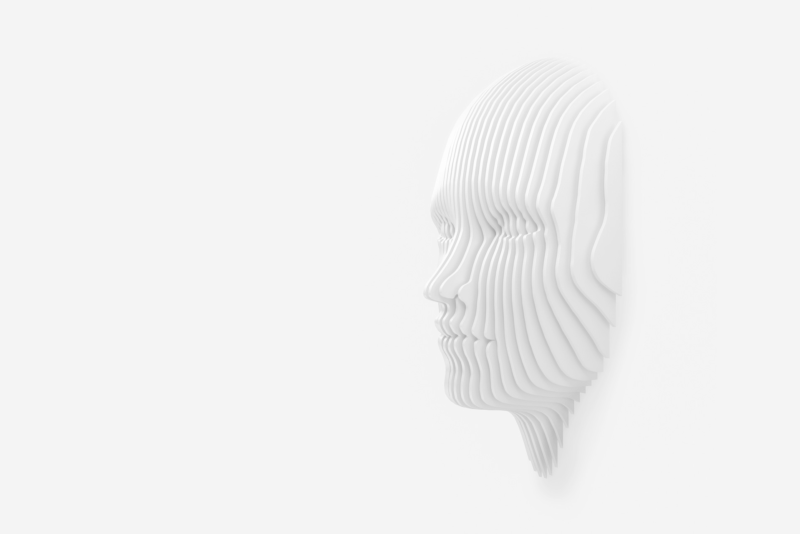To err is human, to invent need not be
Can Artificial Intelligence (AI) really be recognised as an inventor? Yes, according to Justice Beach’s ruling in the Australian Federal Court on Friday 30 July. Could Australia be the world's first to recognise an AI machine ('DABUS') as an inventor?
The question on the minds of everyone in the world of patents - can Artificial Intelligence (AI) be recognised as an inventor on a patent? Yes, according to the Justice Beach’s ruling in the Australian Federal Court last Friday.
But can a machine invent?
It is important to note that Justice Beach did not assess whether a machine can actually invent; rather, he held that were it accepted that a machine had invented an invention, the machine could be named as the inventor on an Australian patent application for that invention. In other words, the Australian Patent Act does not preclude non-humans from being recognised as inventors.
Will Australia be the first country to grant a patent application to a machine?
This finding contrasts with the view taken in the United States and Europe where an inventor must be a human. This means that even if it were accepted that technology had advanced to a stage where machines can invent, such inventions would not be patentable in these key jurisdictions. In fact, Australia may end up being one of a very small number of jurisdictions where machine invented inventions could be patented!
It also raises the question of how AI actually contributes to inventions, especially during the discovery, in a conceptual sense, and whether granted patents in other jurisdictions might be contested?
Why does this matter? Or does it?
One implication of this decision could be a stifling of economic activity in Australia, with businesses preferring instead to operate in jurisdictions where machine invented inventions are not patentable. Alternatively, if an Australian patent is the only patent protection available for machine invented inventions, a more likely scenario may be one where businesses refrain from filing patent applications for such inventions, since those inventions can’t be protected in the United States and Europe, and instead treat their technological advances as trade secrets. In the latter case, this decision may well be a storm in a tea cup.
What next for DABUS?
It is expected that the Commissioner of Patents will appeal the decision. However, if she does not, or if an appeal is unsuccessful, a perhaps more interesting tale will be how the DABUS patent application holds up to scrutiny during prosecution before an examiner of IP Australia.
